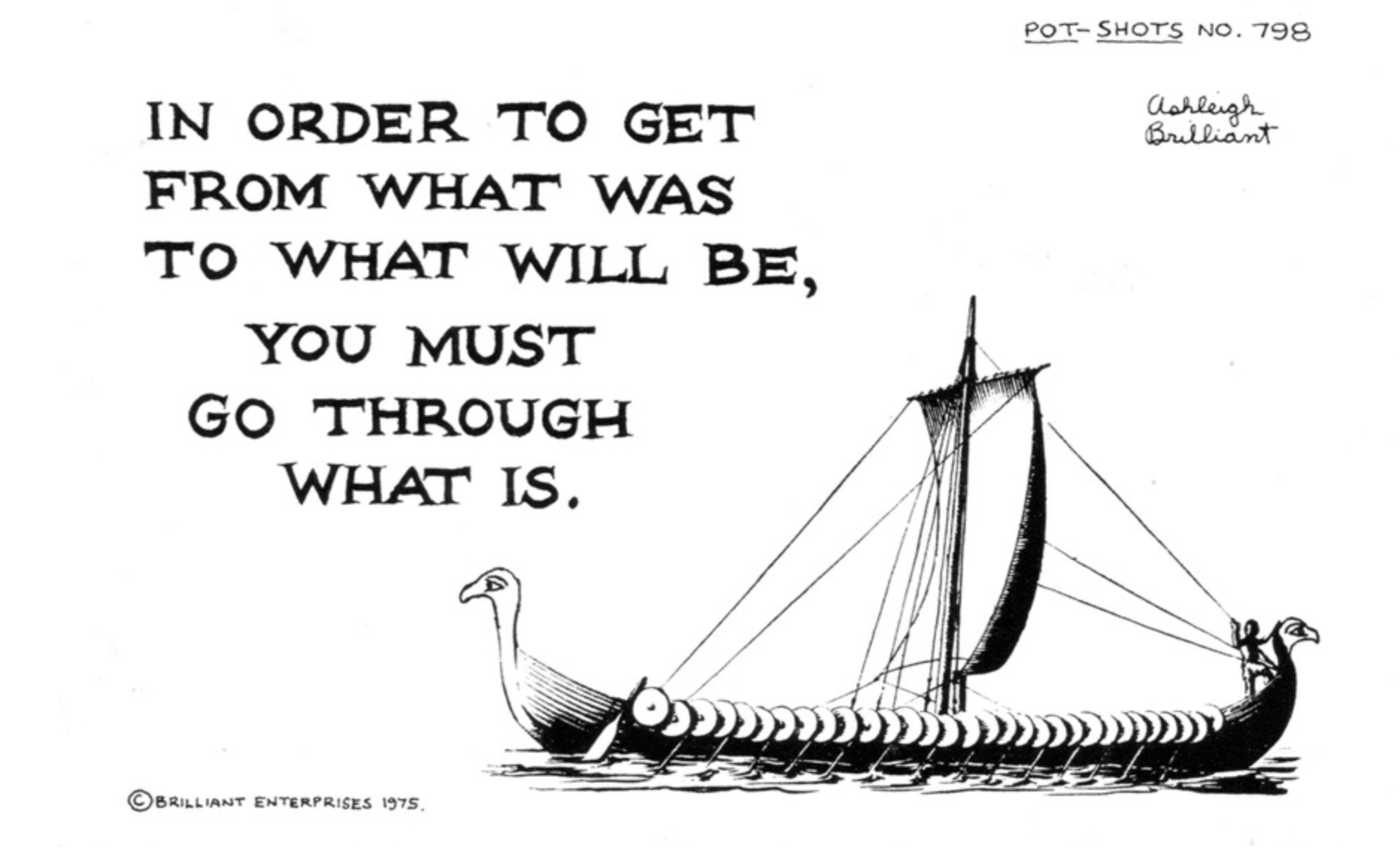Motion and Emotion

According to the New Testament Gospel of Matthew, Jesus taught his followers that nothing – even moving a mountain – is impossible to those who have faith. Some 600 years later, the Prophet Mohammed apparently had a very different take on this idea. He knew that no amount of faith would bring a mountain to him. So, when challenged by disbelievers, he himself went to the mountain. This, it was said, proved his faith in submission to Allah. That concept of submission is basic to the creed of Islam. It is theoretically acted out five times a day by devout Muslims. Whether or not they hear the actual call to prayer, which is now often broadcast electronically from the tops of Minarets, they are obliged to stop whatever they are doing, and bend their bodies upon the ground in an attitude of profound obeisance
In modern times, mountains are moved by more practical means. We have highways, tunnels, bridges – but, as far as mountains are considered obstacles, we have the miracle of human flight, enabling us simply to go over them (giving a whole new dimension to the word “surmount”).
But there are other things we wish to move, in other ways. We organize to change society by means of “movements,” such as what at various times has been called the “Peace Movement,” to keep or get our country out of different wars. Interestingly, in the case of both World War I and World War II, there were peace movements which were powerful enough to keep the United States “at peace” for as long as two years while most other major nations were embroiled. What finally made the difference? The first time, President Woodrow Wilson (who had actually won re-election with the slogan, “He Kept Us Out of War”) could not resist the pressure of the War Movement after Germany – which had refrained from sinking “Neutral” American ships despite their cargos being vital to Germany’s chief enemy, Britain – began implementing a new policy of “Unrestricted U-Boat Warfare.”
The second time around, hardly more than 20 years later, President Franklin D. Roosevelt, was more successful in resisting the “warmongers,” despite a similar situation in the Atlantic war zone. Short of actually entering the conflict, FDR made formal agreements to help Britain. But the whole picture was changed dramatically, virtually overnight, by events in an unexpected quarter. The U.S. had a large naval base in Hawaii, against which Japan, which had become an official ally of the “Axis” (mostly Germany and Italy) suddenly mounted a surprise attack by carrier-based bombers. There could now be no question of America being at war – and the whole U.S. peace movement soon fizzled. Emblematic of this change was Charles Lindbergh, the heroic “Lone Eagle,” who had visited Germany and became a leader and spokesman of the American anti-war movement. He now “changed course,” and flew with his country’s Air Force.
Incidentally, you may be interested to know how I myself was personally involved in all this, particularly in that crucial year of 1941. I was only seven years old, but my family had been separated by the war. My mother had taken my sister and me to visit her family in Canada. But my father, Victor Brilliant, a British Government employee, had remained behind in England. That year saw the so-called “Battle of the Atlantic,” in which, just as in the previous War, British ships were a prime target of German submarines. My father was on one of those British merchant ships, hoping to come across and join his family.
Sure enough, his ship was one of those torpedoed and, according to his own account, he was lucky to be one of the survivors. His destination was Washington, D.C., capital city of a still neutral U.S.A., where our whole family were finally together again. It was there, near the end of that year of 1941 – and only about a day before my eighth birthday – that we heard about the attack on Pearl Harbor.
Many years later – and thanks to careful German government records – that the crew of that particular submarine (although theirs was itself an extremely dangerous job) had been captured and taken to Canada, where they spent the rest of the war in a safe, comfortable, prisoner-of-war camp. The Captain eventually returned to his job and family in Germany, and actually outlived one of the men he had tried to kill – my father – by some years.
Such are the Fortunes of War.






